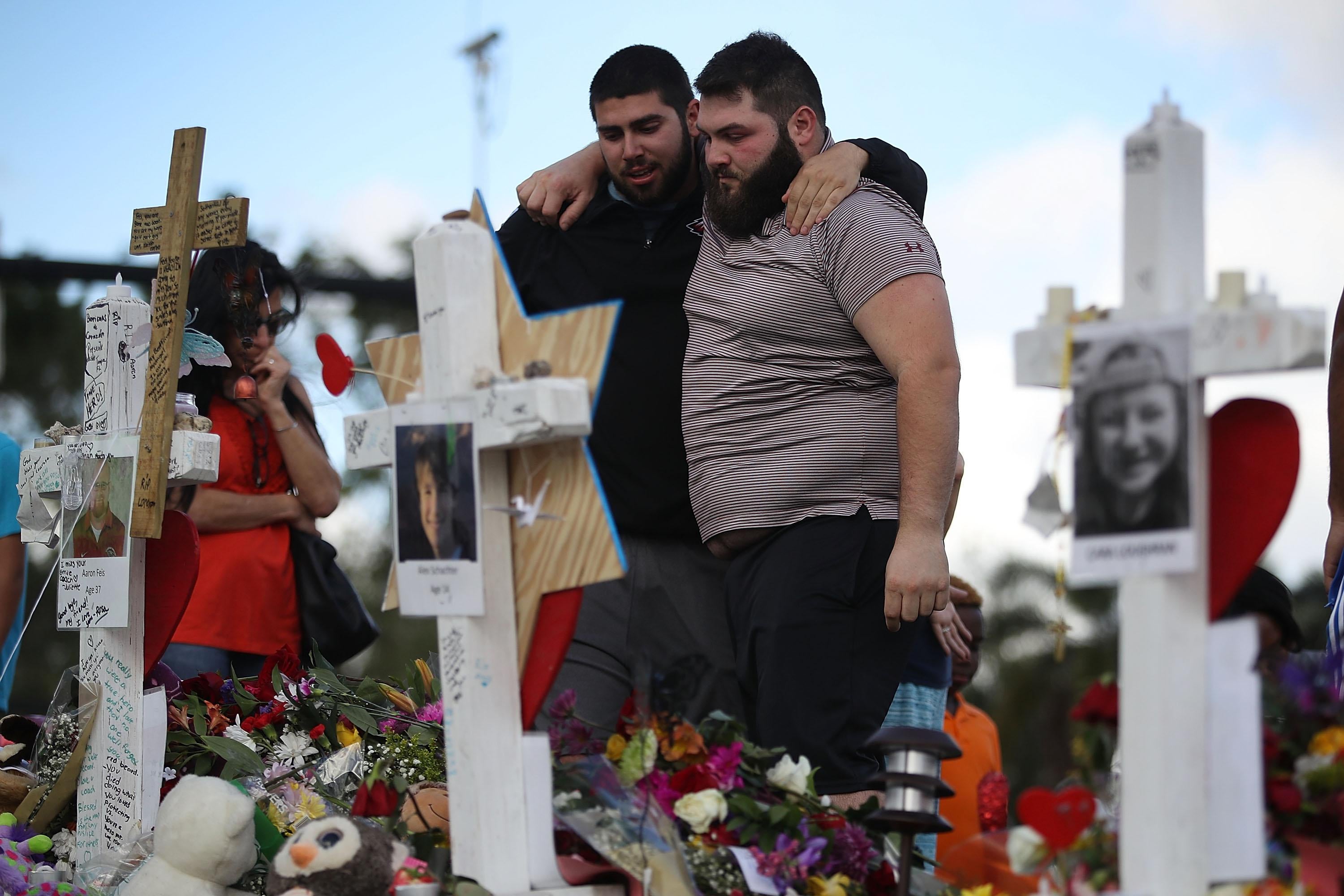Many more Americans believe that mass shootings result from inadequate mental health care than those who think lax gun laws are to blame, according to a new poll from ABC News and the Washington Post.
In the poll conducted in the wake of last week’s Parkland, Florida, school shooting, respondents were asked if “this event could or could not have been prevented by” more effective mental health screening or treatment; stricter gun control laws; and allowing teachers to carry guns. Fifty-eight percent of the 808 respondents said stricter gun laws could have prevented the shooting, but a larger portion, 77 percent, said better mental health monitoring and treatment would have averted it.
The poll did find that attitudes have shifted slightly in the past couple years. As compared to results from a 2015 ABC and Post survey, slightly fewer blame mental health screening, and slightly more blame the lack of adequate gun control laws.
The poll did find that public opinions about assault rifles have not substantially changed in the past year, however, as reflected in a poll conducted after the Orlando Pulse Nightclub shooting, according to ABC. Roughly half of Americans would still oppose a ban on assault weapons.
The idea that teachers could be trained to carry guns, validated by Education Secretary Betsy DeVos as a legitimate “opportunity” and “option,” was less popular. Forty-two percent said arming teachers could have prevented the shooting.
The poll found that women and people of color, more so than white men, favor gun control over mental health screenings; it also found women more often support banning assault weapons. And 80 percent of Republicans who responded blamed mental health, while only 33 percent of Democrats did the same.
The Trump administration falls in line somewhat with the public on the matter of mental health versus gun control. In the responding to the tragedy, Trump spoke almost exclusively of mental health (and the failure of the FBI), and Attorney General Jeff Sessions announced he would put together a committee to study “the intersection of mental health and criminality and violence.” (Slate’s Ben Mathis-Lilley pointed out that this research would be particularly ironic given a policy, in place since 1996, that blocks federal funding for research that would “advocate or promote gun control.”)
As Slate’s Susan Matthews wrote after the shooting, evidence suggests that anger, not mental illness, much more often drives those who commit mass violence. The argument for mental illness as the root of these problems instead allows politicians to avoid responsibility, she writes, “as though these shootings are acts of nature.”
A large majority of Americans already are angry about politicians’ skirting responsibility, however. Seventy-seven percent said in the poll that Congress is not doing enough to address school shootings; 62 percent blamed Trump.
